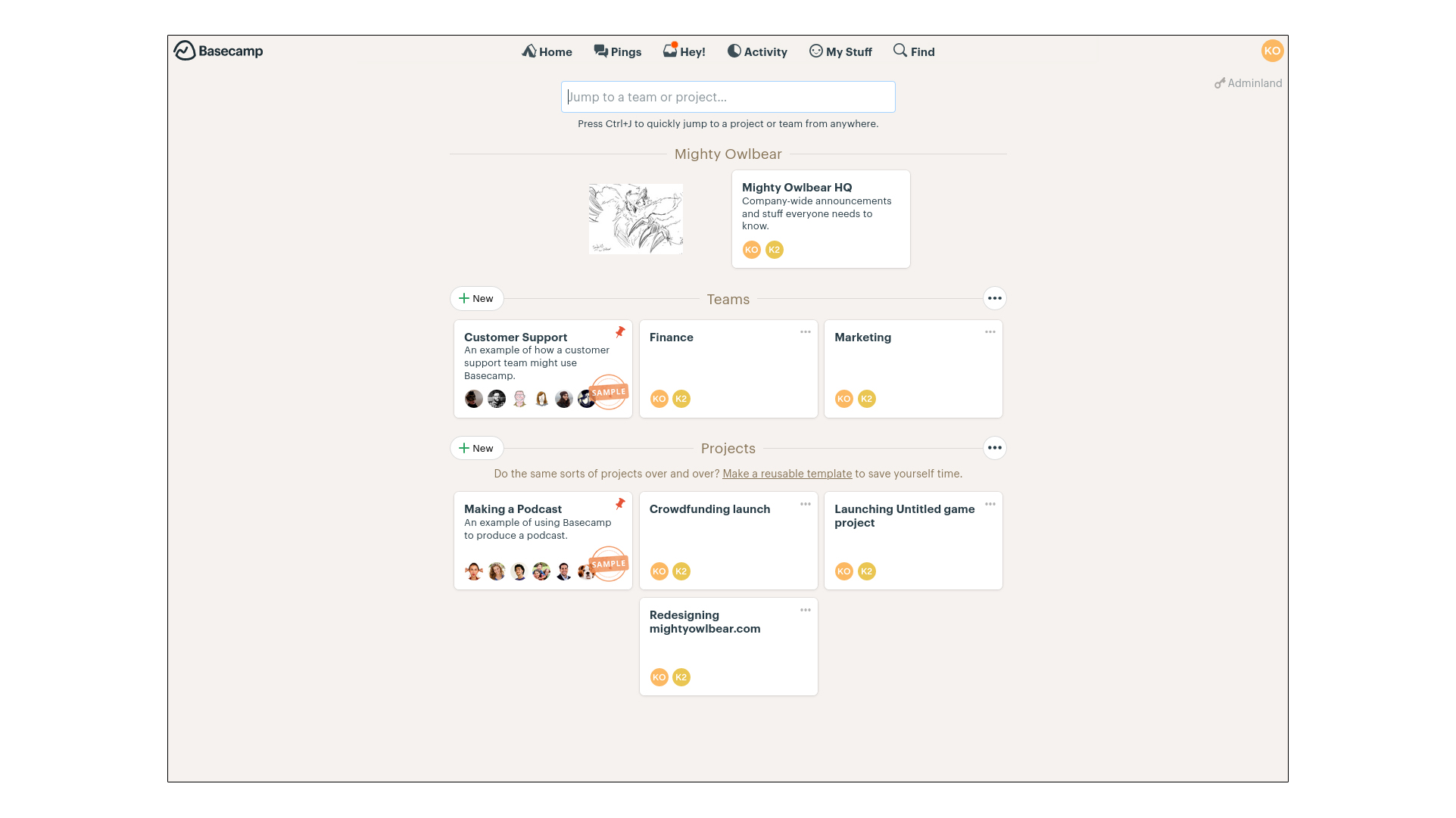What is PMP certification?
How do you get it and why do you need it?


If you are looking to become a project manager or have just started out as one, sooner or later you will likely need to have some form of qualification to further your career goals.
One such qualification, and arguably the most important one, is that of Project Management Professional (PMP). This is an internationally recognised professional certificate from the Project Management Institute.
There are over three-quarters of a million PMP certified people worldwide in over 210 countries and territories worldwide. It is one of the most demanded credentials in project management and validates a professional's education and experience in project management.
Why do you need PMP certification?
The certification is acknowledged worldwide and is necessary if you want to work as a project manager around the world. Having certification will help in demonstrating a professional's skills and expertise to potential employers.
Having PMP certification will also improve your salary. According to the PMI's Project Management Salary Survey published in July 2017, PMP certified professionals earn a mean salary of 63,563 per year in the UK.
Having a PMP certification offering better career advancement and job opportunities. According to the PMI Pulse of the Profession study, when more than one-third of their project managers are PMP-certified, organisations finished more of their projects on time, on budget and meeting original goals.
Get the ITPro daily newsletter
Sign up today and you will receive a free copy of our Future Focus 2025 report - the leading guidance on AI, cybersecurity and other IT challenges as per 700+ senior executives
The certification is also applicable to most industries including IT, telecoms, finance and more.
How do you get PMP certified?
Before you get certified as a Project Management Professional you should check you are eligible. This means holding a Bachelor's degree, 4,500 hours leading and directing projects over 36 months and taking 35 hours of project management training.
If you don't have a degree, but have something such as a high school diploma, associate's degree or the global equivalent, then you will need 7,500 hours of project management experience over 60 months as well as going through the 35-hour project management training.
Once you meet these criteria, you can then become a member of PMI and fill in the form for taking the examination. With membership, you can download "A Guide to the Project Management Body Of Knowledge", the book on which the entire exam is based.
Before any exam, you will need to have at least 35 hours of education on project management. Without this, you cannot take the exam.
Next, you have to sign up for the PMP exam. This involves filling out the PMP Credential Application and submitting it to the PMI. You can apply online at http://www.pmi.org. Once the application is approved you will receive a letter from the PMI. PMI doesn't carry out the test, this is done by external testing companies.
Before the exam, you will need to undertake a lot of studying, as the PMP exam is four hours long. The exam consists of 200 multiple-choice questions. Out of 200, only 175 questions are actually scored.
Once you see "Passed" on the screen you will have earned the PMP certification. In order to keep certification active, you will need to collect and claim 60 Professional Development Units (PDUs) every three years.
Image Source: Bigstock
Rene Millman is a freelance writer and broadcaster who covers cybersecurity, AI, IoT, and the cloud. He also works as a contributing analyst at GigaOm and has previously worked as an analyst for Gartner covering the infrastructure market. He has made numerous television appearances to give his views and expertise on technology trends and companies that affect and shape our lives. You can follow Rene Millman on Twitter.
-
 Should AI PCs be part of your next hardware refresh?
Should AI PCs be part of your next hardware refresh?AI PCs are fast becoming a business staple and a surefire way to future-proof your business
By Bobby Hellard
-
 Westcon-Comstor and Vectra AI launch brace of new channel initiatives
Westcon-Comstor and Vectra AI launch brace of new channel initiativesNews Westcon-Comstor and Vectra AI have announced the launch of two new channel growth initiatives focused on the managed security service provider (MSSP) space and AWS Marketplace.
By Daniel Todd
-
 A new era in direct store delivery AI-powered solutions for seamless business process and profitable portfolio
A new era in direct store delivery AI-powered solutions for seamless business process and profitable portfolioWhitepaper SAP + IBM Consulting
By ITPro
-
 The new normal: The future role of finance
The new normal: The future role of financeWhitepaper The changing role of the finance function during business disruption
By ITPro
-
 Google extends online courses to UK job seekers
Google extends online courses to UK job seekersNews These Career Certificates include courses in IT support, project management, and UX design
By Sabina Weston
-
 My journey from Mumbai to Mars
My journey from Mumbai to MarsIn-depth Dr Anjali Subburaj, digital commerce chief architect at Mars, speaks to IT Pro 20/20 about standing firm in what can be an intimidating industry
By Anjali Subburaj
-
 Why IT projects fail and how to make yours a success
Why IT projects fail and how to make yours a successIn-depth IT projects often run into trouble and have to be abandoned, but organisations can take steps to avoid common pitfalls
By Sandra Vogel
-
 Capgemini to create 1,500 new digital jobs across the UK
Capgemini to create 1,500 new digital jobs across the UKNews New hires will be trained in digital services, project management, and cyber security
By Bobby Hellard
-
 Basecamp 3 review: More molehill than mountain
Basecamp 3 review: More molehill than mountainReviews Basic project management and collaboration tools wrapped into a tidy web and mobile interface
By K.G. Orphanides
-
 What is PRINCE2?
What is PRINCE2?In-depth We take a closer look at the project management framework
By Dale Walker